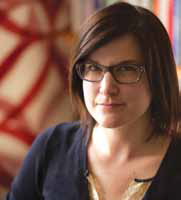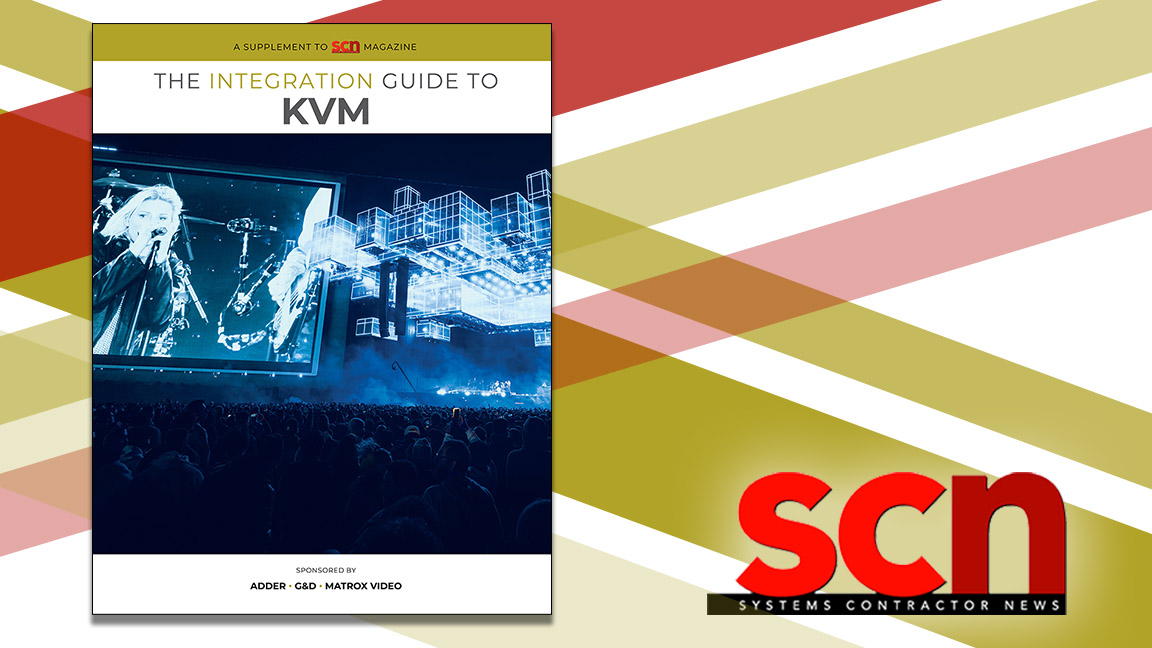Stacks of Data

A daily selection of features, industry news, and analysis for AV/IT professionals. Sign up below.
You are now subscribed
Your newsletter sign-up was successful
For the duration of my college career, I worked in a small library on the big campus of Boston University. The stacks in our basement facility contained educational resources for students in the College of Education. We had children’s books, young adult fiction, and classroom learning aids, all of which would go “straight to the enduser,” the pupils taught by student teachers.
Additionally, we had shelves and shelves of texts on how to best employ those tools. These ranged from dissertations discussing educational theory to the definitive texts that shape educational practice. All of the books offered unique viewpoints, even if there was overlap in the material discussed on the pages.
As I reshelved books throughout the collection night after night, I was intrigued by the different juxtapositions on each shelf. When books are organized by subject matter first and then by author, the stack searcher may happen upon exciting new ideas alongside the information they seek. In every section of the library there were a variety of sources available, some more valuable than others, but data culled from a certain sampling of these sources could form a notion or better inform an opinion.
It was back in those days, when the fledging internet was spewing forth its new pages of disorganized data, that I often said that the web needed a librarian. Fortunately, a certain search engine stepped in and sorted out the data for us. But as that dominant company continues to adjust the parameters and values for search, it’s doing more than shuffling information between subject and author. It’s setting limits based on our physical location, interests, and tastes, which limits the opportunity to bump into that stray text that happens to be on the shelf next to the information sought.
We are now entering another phase of disorganized information in need of a useful method of arrangement. The topic of “big data” was much on the minds of nearly every speaker who took the stage at the National eHealth Collaborative and InfoComm’s Technology Crossroads Conference in Washington, D.C. last month. Electronic Health Records and other means of collecting patient data are harvesting more and more numbers and facts every minute. The next big challenge will be in sorting that information and utilizing it for the broadest possible improvement in healthcare while respecting the privacy of individuals. Hopefully we’ll take that time to look at the whole shelf and see what ideas arise, rather than zeroing in too soon on one solution.
A daily selection of the top stories for AV integrators, resellers and consultants. Sign up below.
